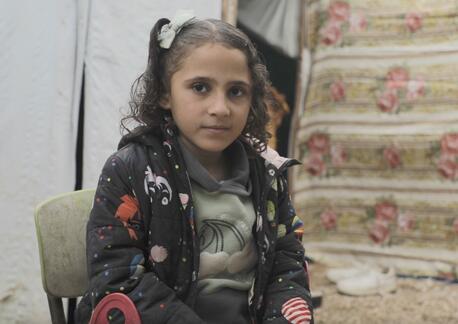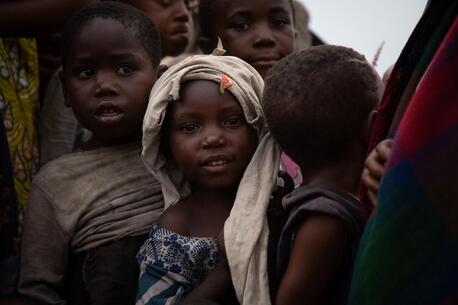
Grave Violations Against Children on the Rise in Democratic Republic of Congo
Escalating violence and mass displacement in eastern DRC are driving record levels of gender-based violence and hunger, leaving families ever more vulnerable.
Children face abduction, sexual violence, recruitment and use by armed groups as humanitarian situation deteriorates in the DRC
An upsurge in armed conflict and intercommunal clashes in the Democratic Republic of Congo (DRC) — one of the world's most complex and most forgotten crises — is exposing children to shocking levels of violence, according to new UN-verified data. The data show a 30 percent increase in grave violations against children in eastern DRC during the first three months of this year, compared to the last quarter of 2023.
“The staggering scale of the conflict in eastern DRC, the horrific level of violence and its devastating impact on the children and women I met is heart-wrenching,” said UNICEF Goodwill Ambassador Orlando Bloom, who visited the DRC for the first time last week. “No child should live in the dire conditions I witnessed in displacement camps — separated from their families, hungry, unable to go to school and constantly at risk of sexual abuse, violence and exploitation.”
Bloom’s five days in eastern DRC – which has been experiencing escalating violence and ongoing mass displacement since March 2022 – took him to Goma in North Kivu and Bukavu in South Kivu. He met with children and women and learned firsthand about the considerable risks they face daily, including abduction, rape and other forms of sexual violence and abuse, recruitment and use by armed groups, and death.
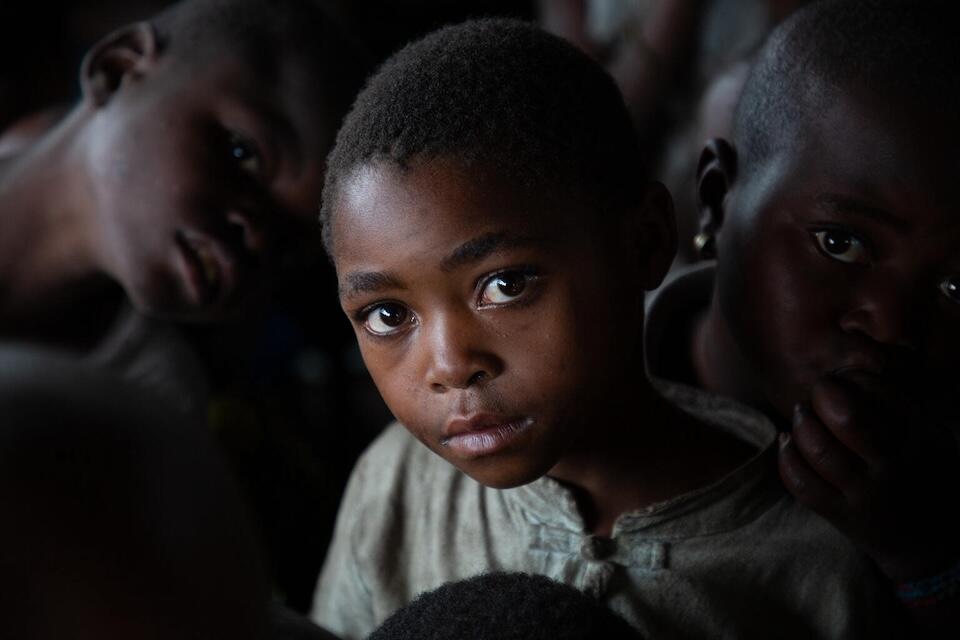
UNICEF calls on all parties to the conflict to work toward negotiation, peace and an end to grave violations against children
The United Nations has verified over 1,000 grave violations against children in the three eastern provinces of Ituri, North Kivu and South Kivu during the first quarter of this year, with recruitment and use of children being most prevalent. In April 2024 alone, more than 450 grave violations against children were verified in eastern DRC.
It's a heartbreaking reality that children caught up in the conflict face abduction, recruitment and use by armed groups, violence and abuse — and we know the reports we have are only the tip of the iceberg. — UNICEF DRC Representative Grant Leaity
“It’s a heartbreaking reality that children caught up in the conflict face abduction, recruitment and use by armed groups, violence and abuse — and we know the reports we have are only the tip of the iceberg,” said UNICEF DRC Representative Grant Leaity. “UNICEF calls on all parties to this conflict to work toward negotiation and solution for peace and an end to the grave violations against children, and for the perpetrators of violence against children and women to be held accountable.”
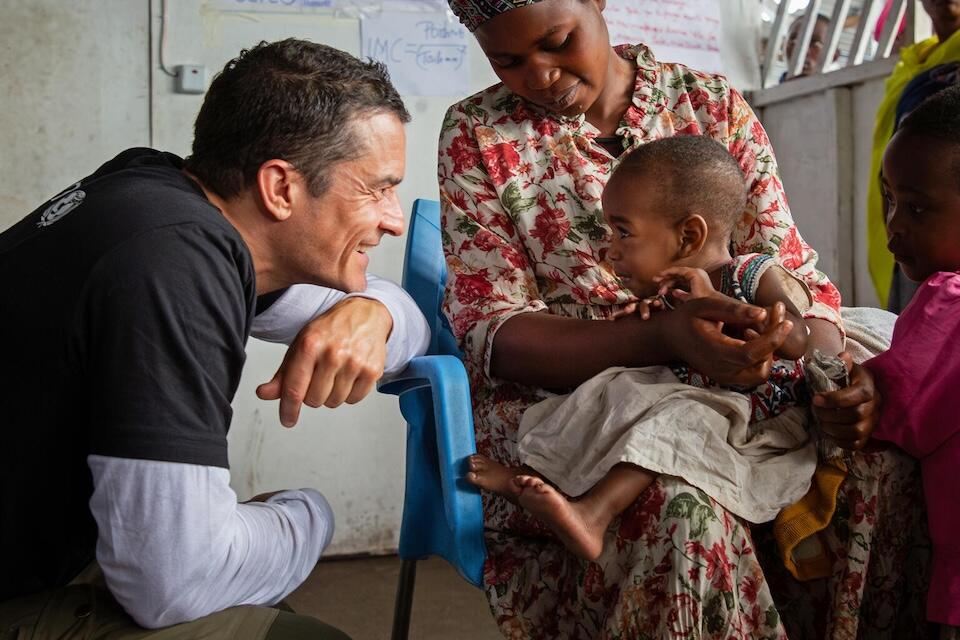
UNICEF child-friendly spaces offer a place where children can play, feel safe and get the care and protection services they need
During his trip, Bloom visited a UNICEF-supported child-friendly space in the Bushagara displacement site near Goma, a safe environment where children can engage in structured and supervised play and recreation and receive psychosocial support and individual case management. At these sites, social workers also identify vulnerable children, such as those separated from their families, and ensure they receive care and protection services.
Over the past year, for example, UNICEF has reunified more than 9,000 children in eastern DRC with their families or placed them with temporary foster care families and assisted more than 400,000 children, adolescents and caregivers with mental health and psychosocial support.
“At the child-friendly space, I met very young children who have been separated from their families for more than two years due to displacement. They told me that they live in fear as the conflict unfolds around them and the violence grows closer,” said Bloom. “Yet, in these UNICEF-supported spaces, I saw hope as girls and boys found a place where they felt safe, where they could receive psychosocial support, dance and play, and enjoy being children. More spaces like these are necessary to protect their childhoods.”
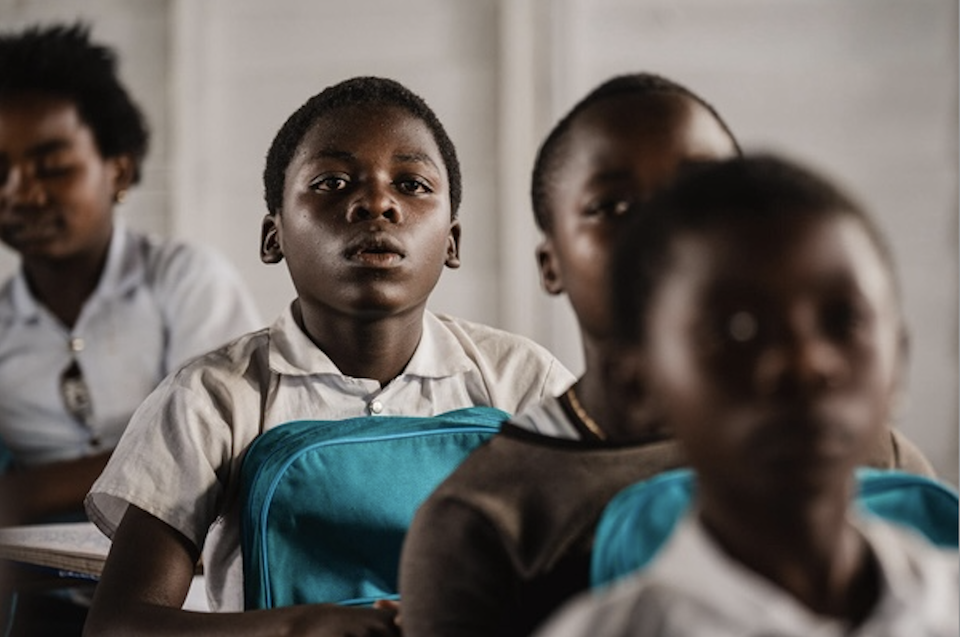
Rates of gender-based and sexual violence against women and children are high and getting higher
Gender and conflict-based sexual violence against women and children remained persistently high in 2023 and increased further in 2024. Stigma and fear of retaliation prevent many survivors from coming forward. During a visit to Panzi Hospital and Panzi Foundation in South Kivu, Bloom spoke with health staff and caregivers about their work and met with survivors of sexual violence.
The stories shared by girls and women who have survived harrowing sexual violence are utterly devastating. But, amidst the pain, I can see the difference that compassionate and dedicated support can make. — UNICEF Goodwill Ambassador Orlando Bloom in South Kivu, DRC
“The stories shared by girls and women who have survived harrowing sexual violence are utterly devastating,” said Bloom. “But, amidst the pain, I can see the difference that compassionate and dedicated support can make. Support, including health care, psychological support and legal assistance, is helping survivors find the strength to rebuild their lives, but more needs to be done to protect every girl and woman.”
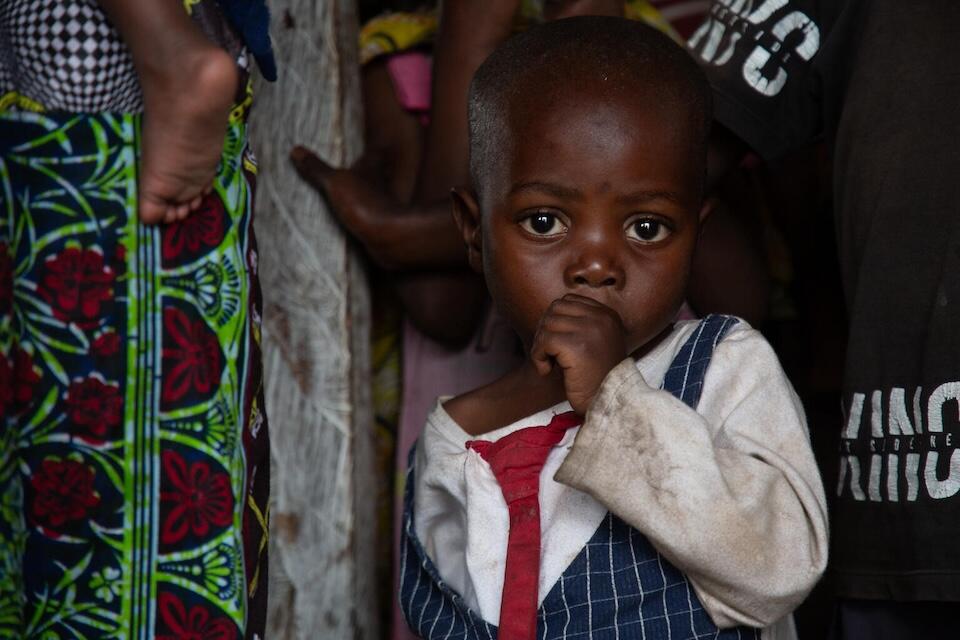
In eastern DRC, around 5 million people, including 2.8 million children, urgently need humanitarian assistance as a result of escalating violence and displacement. In response, UNICEF is providing education, health — including mental health and psychosocial support — nutrition, water and sanitation, and protection assistance to children, women and families affected by the conflict. However, UNICEF's humanitarian appeal for US$804.3 million is only 10 percent funded.
“Every day, children and women in DRC’s displacement camps face tremendous hardships. Their needs are overwhelming, and the response to the crisis is falling short. We must urgently unite to ensure they live in safety and dignity,” said Bloom.
Unrestricted donations give UNICEF the flexibility to direct resources wherever and whenever they are needed most. Your contribution can make a difference. Donate today.
HOW TO HELP
There are many ways to make a difference
War, famine, poverty, natural disasters — threats to the world's children keep coming. But UNICEF won't stop working to keep children healthy and safe.
UNICEF works in over 190 countries and territories — more places than any other children's organization. UNICEF has the world's largest humanitarian warehouse and, when disaster strikes, can get supplies almost anywhere within 72 hours. Constantly innovating, always advocating for a better world for children, UNICEF works to ensure that every child can grow up healthy, educated, protected and respected.
Would you like to help give all children the opportunity to reach their full potential? There are many ways to get involved.





